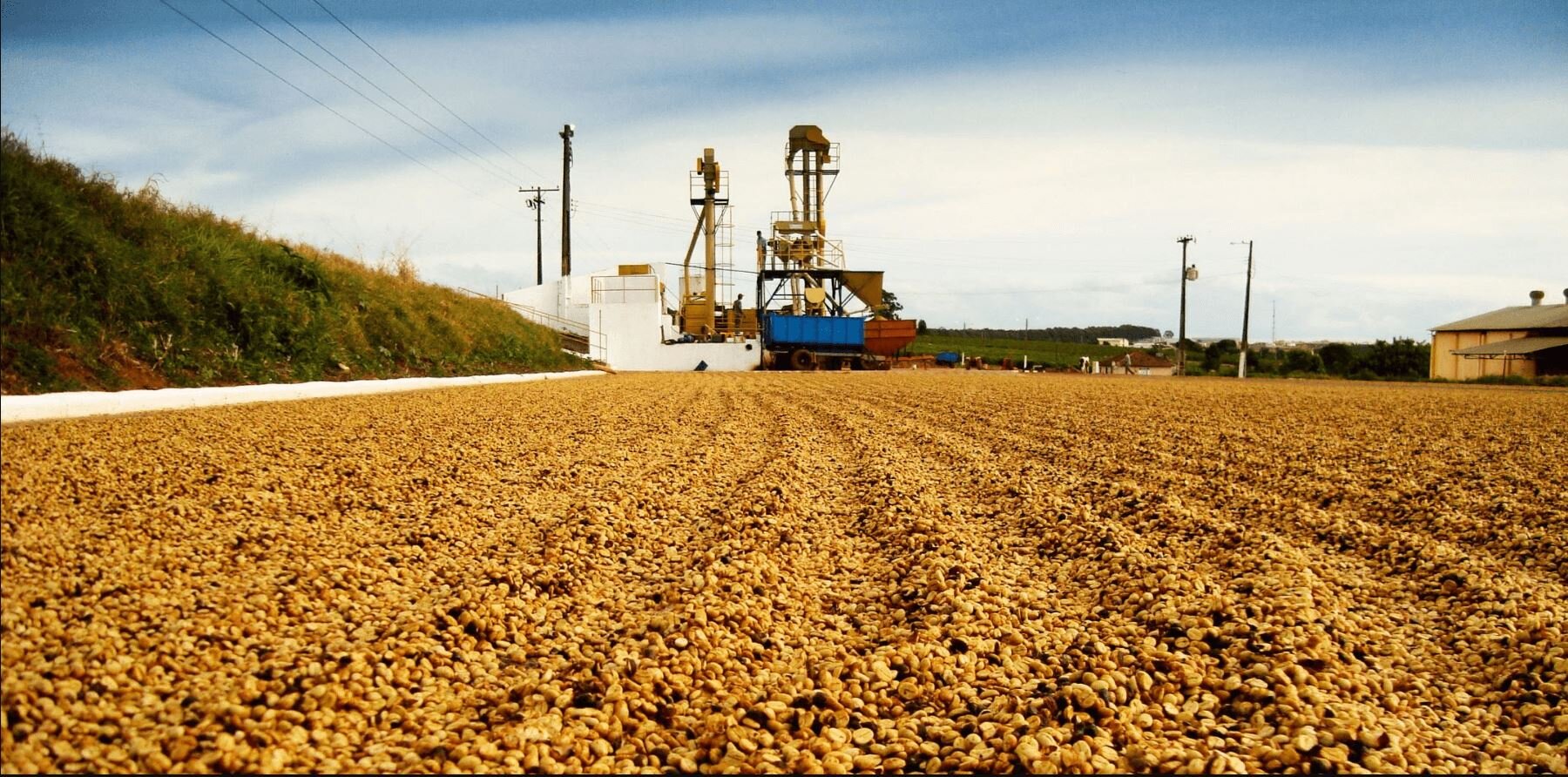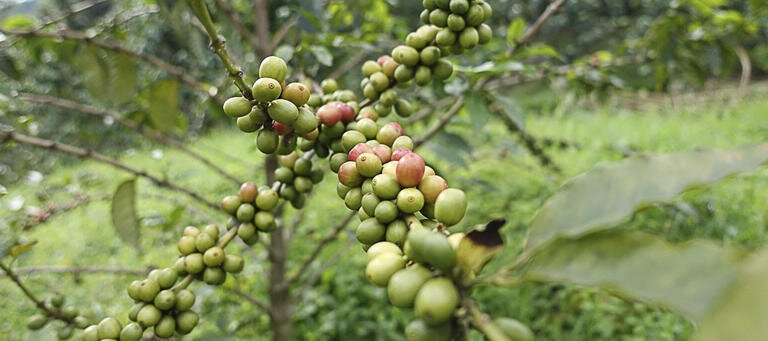Sustainable coffee is a type of coffee that is produced in a way that is environmentally friendly and socially responsible. The goal of sustainable coffee is to create a system that is financially viable for farmers and that has a positive impact on the environment and the communities in which it is grown.

One of the main ways that coffee can be made more sustainable is by using sustainable farming practices. This includes using techniques such as agroforestry, which involves planting trees and other plants alongside coffee bushes to create a more diverse and resilient ecosystem. Other sustainable farming practices include using natural fertilizers and pest control methods, conserving water, and protecting the soil.
Another important aspect of sustainable coffee is ensuring that the workers who produce it are treated fairly and given fair wages. This includes providing safe working conditions, reasonable hours, and opportunities for education and training.

There are several certifications that coffee can receive to demonstrate its commitment to sustainability. The most well-known of these is the Rainforest Alliance certification, which requires that coffee farms meet a set of environmental and social standards. Other certifications include Fair Trade and Organic.
By choosing to purchase sustainable coffee, consumers can support the production of coffee in a way that is better for the environment and for the people who produce it. So next time you're shopping for coffee, consider choosing a sustainable option!
